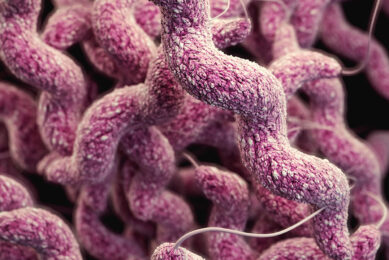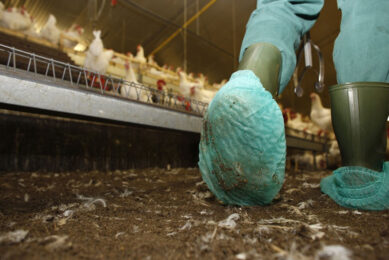Campylobacter measures not good enough, NZ health at stake
The Green Party has apparently stated that the New Zealand Food Safety Authority has missed a vital chance to stem the country’s campylobacter-related epidemic.
The new Code of Practice for poultry processing is certainly a step in the right direction. However, according to Safe Food Spokesperson Sue Kedgley, it fails to include some very simple measures to stem the tide of campylobacter contamination of chicken meat.
Cross-contamination at all stages of poultry processing
According to studies done by the Authority, campylobacter cross-contamination is occurring at virtually all stages of poultry processing and sale, yet the simple steps that can be taken to prevent this have barely been addressed in the new Code of Practice, says Kedgley, who states that it is estimated that around 80% of food-borne illness cases relating to campylobacter stem from contaminated chicken.
Hygienic methods of transportation vital
“A higher emphasis should be placed on more hygienic methods of transportation to avoid cross-contamination between live birds,” she says.
“Campylobacter lives in the gut of the chicken and transporting them in cages stacked on top of each other will inevitably result in the droppings from birds higher up the stack contaminating those below them.”
Automated poultry processing, higher risk
Studies show that automated processing systems pose a far higher risk of contamination than manual systems, however, the code has asked for little modification of these processes, she continues.
Leaky poultry packaging
Kedgley also addresses the problem of leaking packaging in retail outlets, which will consequently cause other products to become contaminated.
“I can not understand why the NZFSA would allow these processes to continue in this way. It is time for the Authority to take a hard line instead of the softly, softly approach it has followed so far. The health of many New Zealanders is at stake,” Kedgley concludes.
Join 31,000+ subscribers
Subscribe to our newsletter to stay updated about all the need-to-know content in the poultry sector, three times a week. Beheer
Beheer








 WP Admin
WP Admin  Bewerk bericht
Bewerk bericht